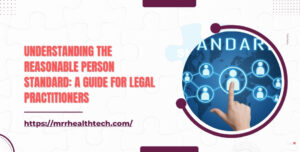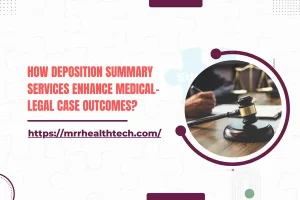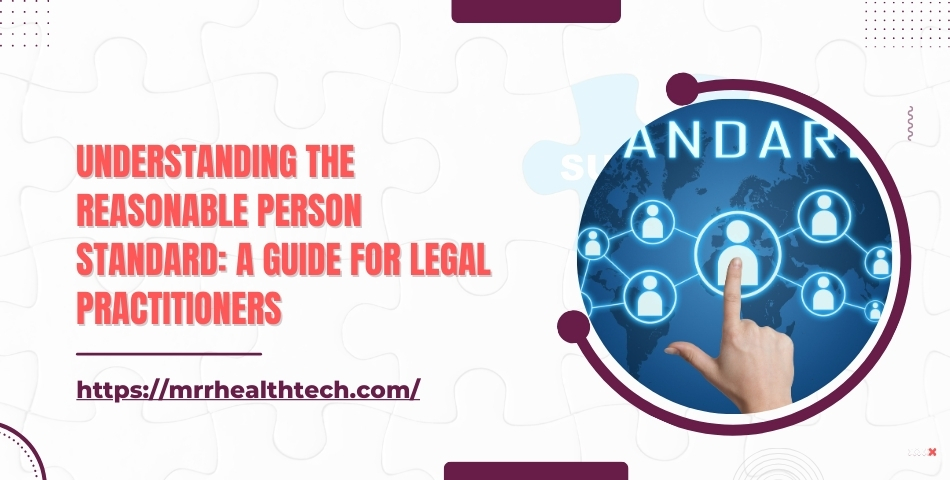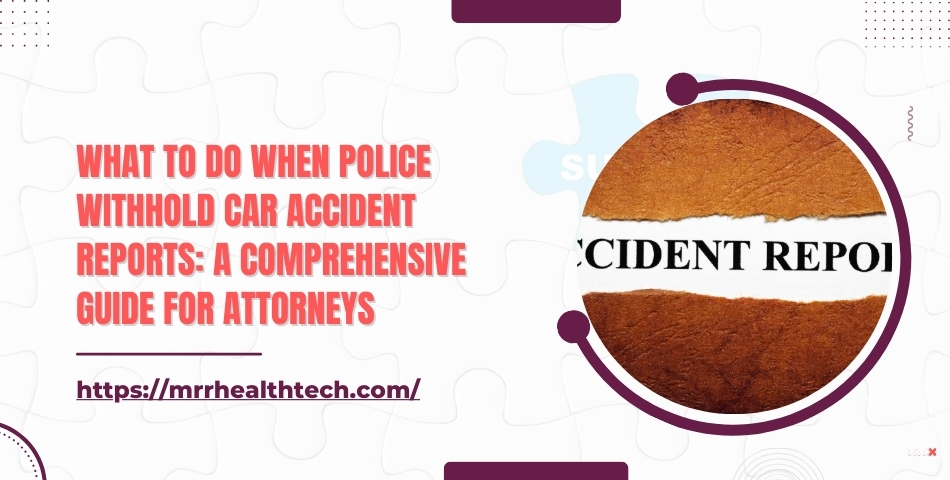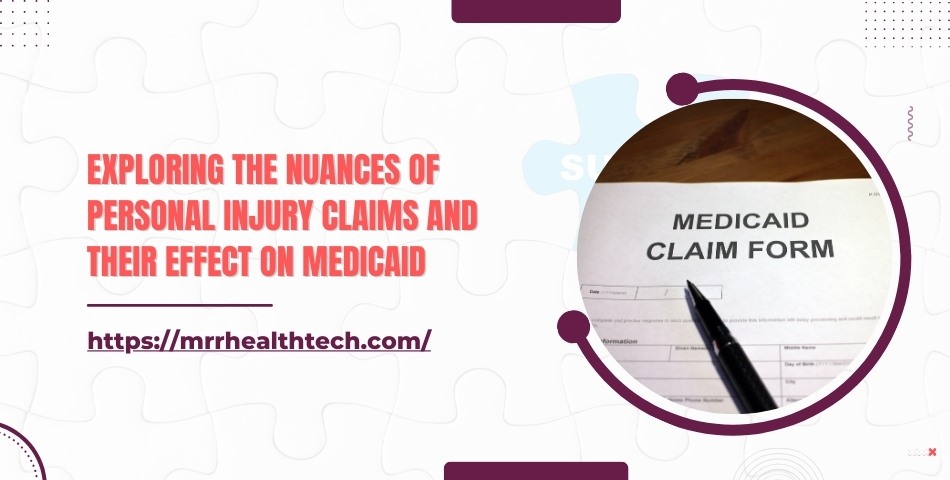
Introduction
For clients and attorneys alike, handling personal injury cases while receiving Medicaid benefits can be very tricky. They need to comprehend precisely why these settlements have an impact on Medicaid so that clients can get the compensation they need without losing unnecessary health benefits. In this article, we focus on the contours of personal injury settlements and Medicaid’s nuances, as well as how medical record auditing services can help attorneys deal with these matters efficiently.
The Intersection of Personal Injury Settlements and Medicaid
What is Medicaid?
• Definition: Medicaid is a governmental health insurance program for needy individuals and families in a particular state and across the country.
• Eligibility: Medicaid eligibility is dependent on pre-defined income, resource limits, and some other conditions determined by states.
How Personal Injury Settlements Work
• Overview: Personal injury cases are awarded compensatory damages on behalf of a claimant when an entity cause’s harm to the claimant as a result of their reckless conducts.
• Settlement Components:
• Medical expenses
• Wage loss
• Pain and suffering
The Legal Right to Reimbursement
• Medicaid’s Claim: Any time Medicaid pays for medical treatment from the injury, they have the right to recover the funds from the settlement.
• Lien Process: This process makes sure that the programs that are funded by taxpayers don’t incur expenses that the responsible party should pay for.
Important Facts for Attorneys
Impact on Medicaid Eligibility
• Income and Asset Limits: The personal injury settlements may push some recipients to excess of the income and asset limits which may result in losing Medicaid coverage.
• Future Medical Needs: The settlements may also impact future eligibility for medical care under Medicaid.
Strategies to Protect Benefits
• Special Needs Trusts (SNTs):
• Purpose: Allows people to use the settlement funds for other necessary expenses without losing Medicaid benefits.
• Benefits: Protects assets while ensuring access to necessary care.
• Medicare Set Aside Trusts (MSAs):
• Purpose: Designated funds to pay for future medical care required due to the injury.
• Benefits: Maintains eligibility for Medicaid while guaranteeing that future medical expenses will be paid.
Current Data and Statistics (2024)
• Settlement Trends: In 2024, there is an increase of 50% in personal injury settlements due to increased medical costs and legal awareness.
• Medicaid Impact: Around 20% of personal injury claimants may lose Medicaid benefits due to the settlement amount being above the eligibility limit.
Frequently Asked Questions
How Do I Safeguard My Medicaid Benefits After an Imposing Settlement?
• Engage an Attorney: A specialized Medicaid and personal injury attorney can greatly help in navigating the process.
• Consider Trusts: SNTs and MSAs allow you to access settlement funds while your benefits are protected.
What If I Ignore Notifying Medicaid About My Settlement?
• Consequences: Ignoring Medicaid pays notification will attract a recompense obligation and respond to loss of benefit exposure.
• Legal Actions: It will equally attract legal actions from Medicaid for The payment of the given funds.
Case Studies
Case Study 1: Slip and Fall Incident
• Overview: A client claims to have suffered injuries from a Slip and fall accident in a grocery shop.
• Challenges: The plaintiff did not have proper supporting documents to prove that the settlement amount did not exceed Medicaid’s asset limits, thus risking the benefits.
• Solutions: The attorney was empowered to establish a Special Needs Trust to enable efficient management of the settlement funds without affecting their Medicaid eligibility.
Case Study 2: Car Accident Claim
• Overview: A claimant suffered injuries from a car accident and received an accompanying substantial settlement.
• Challenges: The payment offered in lump sum posed as a threat by the client’s Medicaid due to the income limit set on funds that one can receive.
• Solutions: The attorney created a Medicare Set-Aside Trust to earmark money for future healthcare needs, enabling the client to qualify for Medicaid.
Conclusion
Attorneys need to appreciate the interactions between Medicaid and personal injury settlements for their clients which may involve these damages. Achieving optimal results in these cases requires the use of Specialized Need Trusts and Medicare Set-Aside Trusts that allow clients to manage the complexities of the settlement in an unrestricted manner, while still guaranteeing their healthcare benefits.


